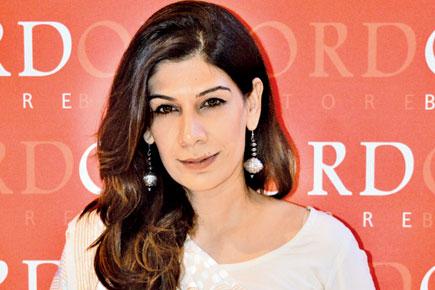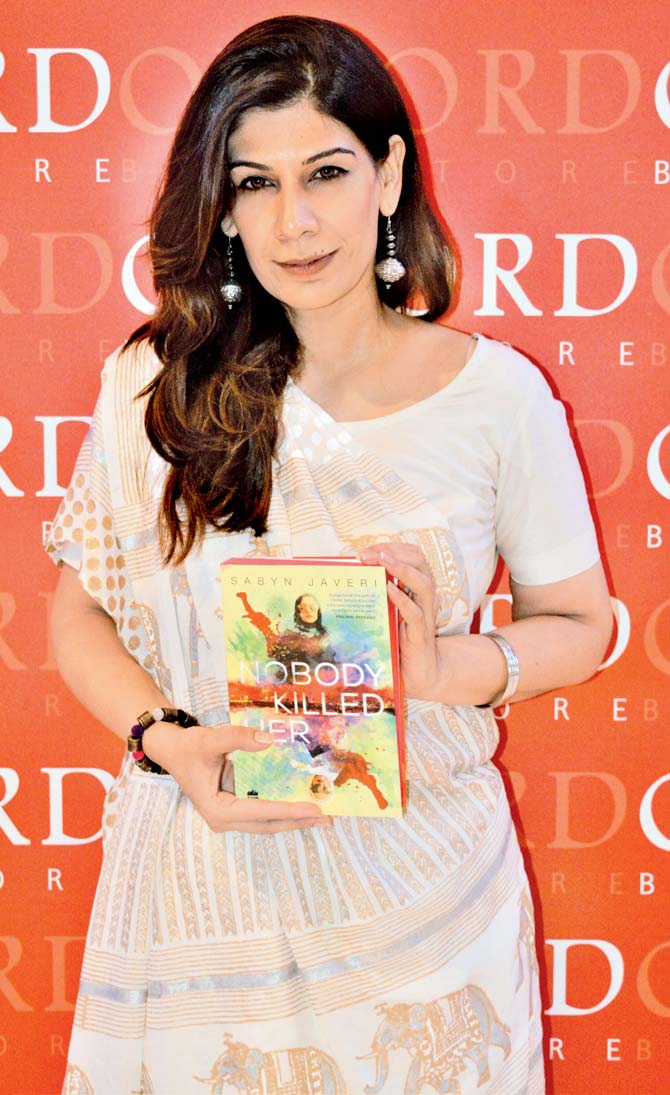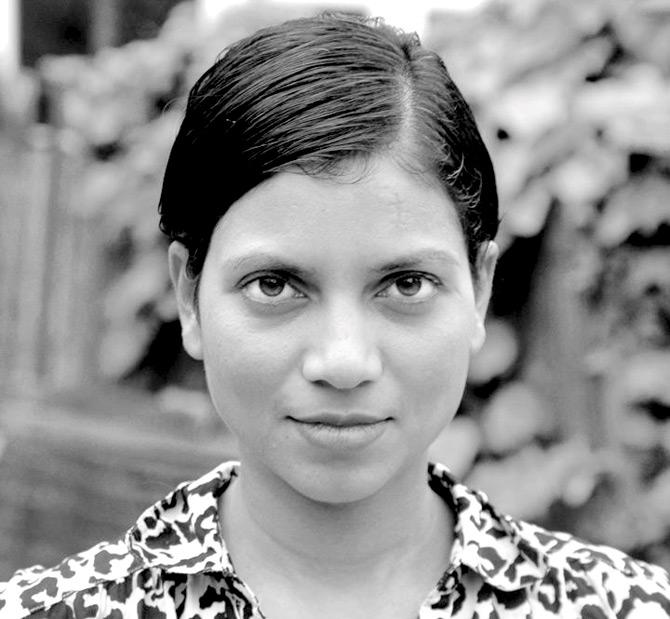The female political leaders of two new novels seem too close to reality. But, would it be fair to pin these books as thinly-veiled biographies?


Sabyn Javeri
ADVERTISEMENT
A bomb blast, a bullet gone astray, a blow to the head and before you know it, boom! The life has gone out of you. Perhaps you think I didn't try to stop her. I tried to tell her there's danger. Truly, I tried. The General and his men, I said, they will kill you. Why do you think they are letting you do the rally? So they can send you away for good! To a place you can never return from," the opening lines of Pakistani writer Sabyn Javeri's debut novel Nobody Killed Her (HarperCollins) reads.
For those privy to the political turmoil in the neighbouring country over the last decade, the uncanny resemblance of her character Rani Shah - being referred to in these lines - with the fearless Benazir Bhutto can barely go unnoticed. Javeri can't count the number of times she has been asked the question, but any such resemblances she says are purely coincidental.

Anita Sivakumaran
Closer home, Anita Sivakumaran's The Queen (Juggernaut) is stirring a storm for its sharp references to the life of former Tamil Nadu chief minister Jayalalithaa. Her protagonist Kalai Arasi's meteoric rise as a leader of the masses, after her stint as a starlet in Tamil cinema is the first clue. That the publishers are also promoting the novel as one that's "inspired from a true story" is a dead giveaway. But UK-based Sivakumaran would rather that her readers take that call.
If these two recently released novels come across as thinly-veiled biographies of two of South East Asia's most influential politicians of the 2oth century, we probably wouldn't have to wait for their biographies to read about their lives. But, that's also what the authors hope their books don't come to represent.
Inspiration, they claim, should not be misconstrued for reality. "I find that an insult to my imagination. In fact, I feel that shows how limited their [the critics] knowledge of history is," says Javeri, who lives between London and Karachi.
That said, Javeri doesn't deny that her book was inspired by the leadership challenges of Bhutto as a woman. "I really admired Benazir for her unapologetic attitude towards family life. A lot of women feel pressured to choose between motherhood or career, but Bhutto resisted this," Javeri says of the politician.
While her book draws upon Bhutto's assassination as a point of fictional exploration, that is where, she says, the similarity stops. "If one were to read the book objectively, one would find references to all sorts of different female leaders of our times. I found the rise and fall from power of Indira Gandhi and the scandalous rise of the political underdog in Mayawati and Jayalalithaa also very intriguing and I drew upon it heavily when constructing the plot arc," says the writer, whose doctorate research involved studying women who rose to power in the patriarchal world of politics.
Sivakumaran, on the other hand, argues that even if Kalai's character were lifted, it wasn't done with the intent of portraying the politician. Yes, she admits, that Jayalalithaa was what wheeled her in to write this book. Her story definitely makes for an interesting read. "Otherwise I wouldn't have written it," she says.
"But, in terms of character, I cannot claim to know personally, any of the people who've inspired the fictional characters. I did not read characterisations about them by other writers either. I put myself in the events that are a matter of public record, and supplied a fictional consciousness. Fleshing out a character is to do with really seeing/feeling events through this fictional consciousness," she says.
If there is a political statement that Javeri is making through her book, it is one that moves beyond the realm of imagining real-life political figures in fiction. "It's a book that is written by a woman who is neither a journalist nor an insider into the world of politics, like other male Pakistani writers who attempt political fiction," says the writer without dropping any names.
"Why turn to fiction if you are looking for someone's life story? I think you have biographies for that. Why write a novel where you know the entire story line? My book would not be the page-turner it is, if it was an interesting but predictable life story of a famous person," Javeri ends.
 Subscribe today by clicking the link and stay updated with the latest news!" Click here!
Subscribe today by clicking the link and stay updated with the latest news!" Click here!






